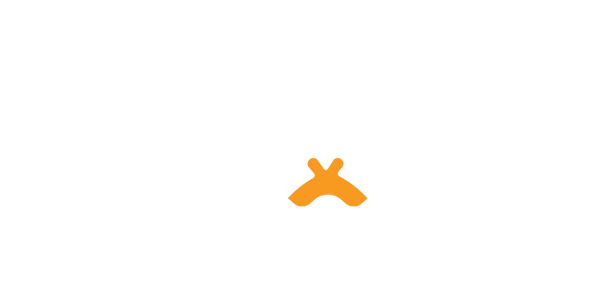
Is India a Protein deficient country?
Aman KumarShare
Is India a Protein deficient country
Yes, Indeed India is a protein deficient country and that’s not what we are saying, That is what the research conducted in 2017 and later in 2020 says. The National Family Health Survey (NFHS-4) shockingly reveals, 73% of Indian households do not meet the recommended daily protein intake, which should ideally be 1 gram per kilogram of body weight, as advised by the Indian Council of Medical Research (ICMR). While the recommended daily protein intake stands at 60-90 grams, Indians usually consume only about 10-30 grams. Certain demographic groups, such as children, pregnant women, and the elderly, are particularly vulnerable to protein deficiency.
Furthermore, India grapples with high rates of child stunting and wasting, with the second-highest proportion of underweight children under the age of five, according to the World Health Organization (WHO). Even in relatively affluent states like Gujarat and Maharashtra, many children suffer from wasting and stunting, indicating a widespread issue not solely attributable to genetics. This nutritional challenge significantly impacts the physical and cognitive development of children.
The reasons behind India's protein deficiency are multifaceted:
- Vegetarian Dominance: Vegetarianism is deeply ingrained in Indian culture, with a significant portion of the population following vegetarian diets. However, these diets may lack sufficient protein due to reliance on foods like lentils (dal), which are higher in carbohydrates than protein.
- Cereal-Centric Diets: Staple foods like rice, wheat, and millets are prevalent in Indian meals but often lack adequate protein content.
- Lack of Awareness: Despite the abundance of plant-based protein sources like legumes, nuts, and seeds, awareness about their importance remains low.
- Economic Disparities: Malnutrition disproportionately affects economically disadvantaged communities, perpetuating the cycle of protein deficiency. Urban areas see a rise in consumption of fast food and processed snacks lacking in protein.
- Additionally, urbanization and increased digital and social media usage contribute to shifts in dietary patterns, with increased consumption of refined carbohydrates further exacerbating the protein imbalance.

To address this challenge, several strategies can be employed:
- Awareness: Educate the public about protein sources and their significance in a balanced diet.
- Dietary Diversity: Encourage diverse diets incorporating both plant-based and animal-based protein sources.
- Policy Interventions: Implement policies to provide protein-rich foods at subsidized rates through the Public Distribution System (PDS).
|
100 grams |
|||
|
Food |
Carbohydrates (g) |
Protein (g) |
% of Protein in 100 g |
|
Tofu |
1.9 |
8.1 |
8% |
|
Lentils (Dal) |
20.1 |
9 |
9% |
|
Chia Seeds |
42.1 |
16.5 |
17% |
|
Amaranth |
23 |
4.7 |
5% |
|
Spirulina |
23.9 |
57.5 |
58% |
|
Paneer |
4.96 |
7.54 |
8% |
|
Tempeh |
13 |
34 |
34% |
For vegetarians, options to meet daily protein requirements include incorporating dairy products like Tofu, dal, curd, yogurt, quality cheese, paneer, nuts, and butters into their diet. Fermented soy products like tofu or tempeh are also recommended protein sources. Additionally, vegetarians can also consider Spirulina and whey protein as a supplement, which can benefit anyone aiming to increase their protein intake. Soy-based alternatives are available for individuals allergic to whey protein.
Take Action Now!
Join us in the fight against protein deficiency in India. Spread awareness, advocate for dietary diversity, and support policies that ensure access to nutritious foods for all. Together, we can make a difference in the health and well-being of our communities.
For those seeking nutritious spreads that contribute to a balanced diet, Nutty Village offers a range of options, including all-natural peanut butter, which is free from palm oil, refined sugar and preservatives. Our products are made with care, ensuring no preservatives are added. With variants such as Unsweetened Peanut Butter, Jaggery Peanut Butter, and Dark Chocolate Peanut Butter, Nutty Village provides delicious and healthy snacking options. Plus, by working closely with marginal farmers and self-help groups (SHGs), we promote sustainable agriculture and support local communities.







